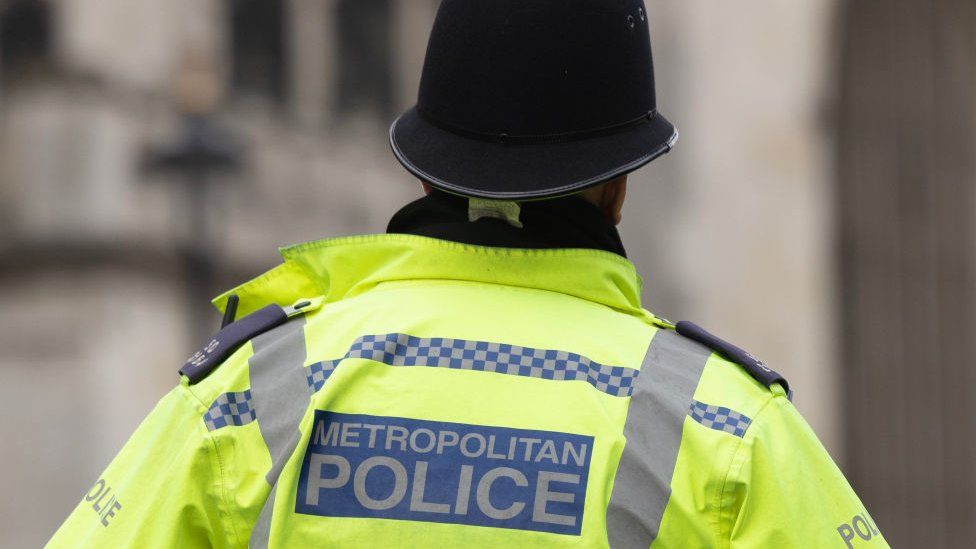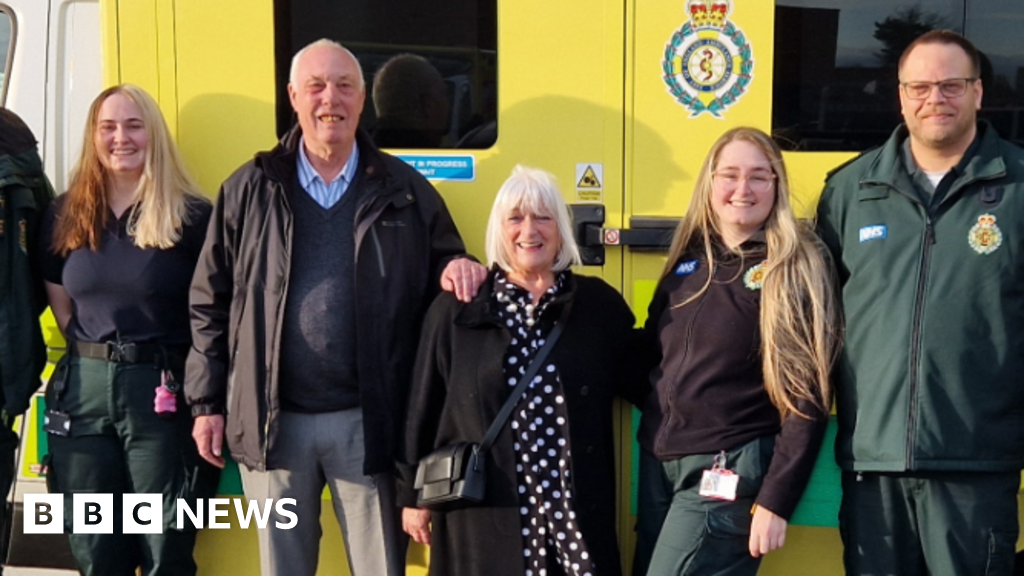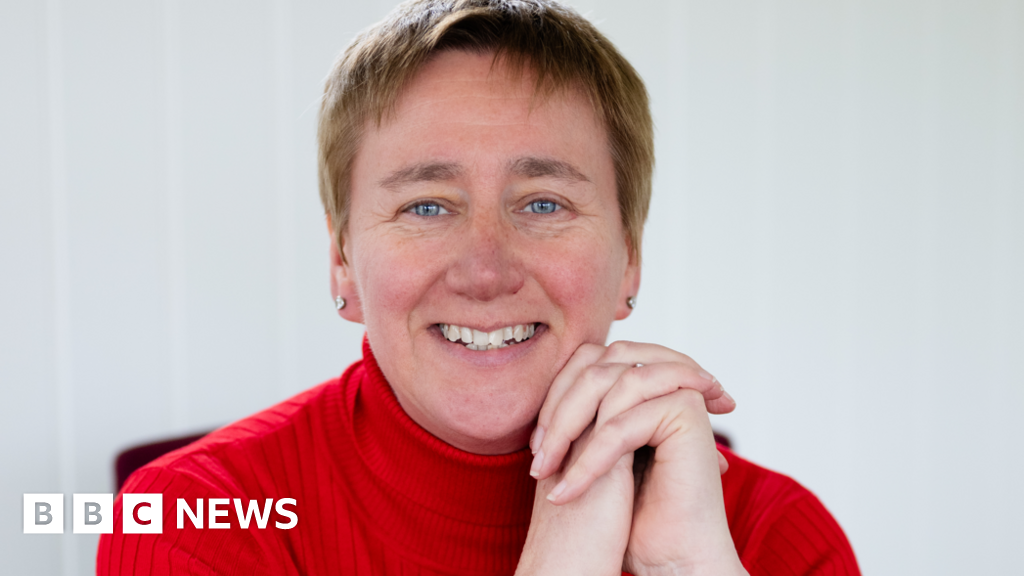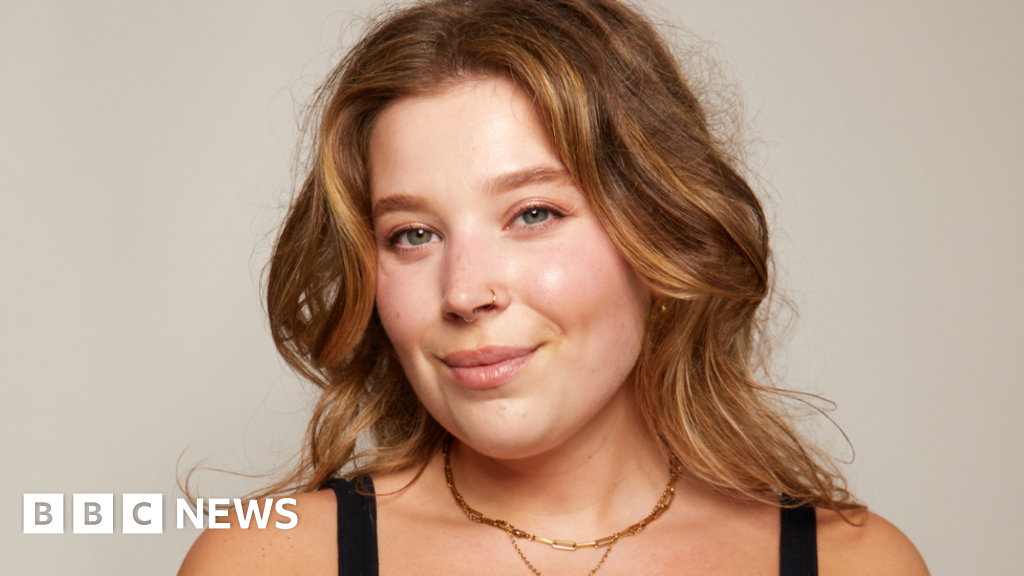 Image source, Dan Kitwood
Image source, Dan Kitwood
Right Care Right Person aims to tackle the amount of time officers spend on policing mental health
The Met Police is to reduce the number of mental health calls officers attend in London as part of an initiative with the NHS.
The Right Care Right Person strategy aims to tackle the amount of time officers spend policing mental health.
Officers will not attend cases where help from a medical professional would be more appropriate, the Met said.
They will continue to attend callouts if a person is at risk of serious harm, NHS London added.
The model, initially rolled out by Humberside Police, had "proven hugely successful in reducing demand across all services, with the force seeing 7% of officer time freed up," the Met said.
From November, officers will no longer attend welfare checks for people who have missed an appointment or not taken medication.
They will also no longer look for people who have walked out of mental health facilities or hospitals unless there is a reason for police to be involved.
A new 24/7 helpline has been set up for officers to call before detaining someone under Section 136 of the Mental Health Act.
The Met said its officers spend an average of 14.2 hours in hospital with patients when they are sectioned.
In March 2023, the force spent 10,000 hours working on sectioning patients and in 2021-22 received more than 78,000 mental health-related calls, and some 204,000 concern-for-welfare calls.
Martin Machray, executive director of performance at NHS London, said: "While police will start attending fewer mental health callouts, they will still attend if a welfare check is needed or if an at-risk person has absconded from hospital.
"With the NHS in London seeing mental health referrals increase by two-fifths since before the pandemic, it is vital that this approach is rolled out gradually."
Police community engagement officer Emily believes the change is a positive move
Emily, 26, a police community engagement officer for Lambeth and Southwark said she believes the new model will "help ensure that someone that's going through a mental health crisis gets exactly the right support they need in that moment".
Speaking to BBC Newsbeat, she explained that "we don't really receive the training in depth enough to help us be able to deal with that kind of thing", and her experience of dealing with mental health calls "varies".
She added: "I've spent a 10, 11 hour shift in A&E waiting with someone who needs a bed in a mental health facility.
"And that's the reality of it, where officers are being taken off the streets to provide… because we obviously have that duty of care and there's no issue doing that.
"But I think we're kind of being taken away from supporting the rest of the public when they need us."
Sarb Bajwa, chief executive of the British Psychological Society, welcomed the "phased approach" and said the partnership was "a positive step to ensuring people experiencing a mental health crisis access the support they need".
But Dr Sarah Hughes, chief executive of Mind, said the charity was "extremely concerned about the pace of these changes" and called for "guarantees about how it will be introduced safely".
Analysis
By BBC London health correspondent Karl Mercer
The Right Care Right Person (RCRP) policy that begins today in London was supposed to have started in September. That it was delayed perhaps points to the behind-the-scenes concerns about such a major shift in policing policy.
While there is general agreement that the police are not always the best people to respond to mental health incidents, many working in the NHS privately felt RCRP was being brought in too quickly.
Now it's here, it comes with some inbuilt protections. There'll be twice daily meetings between the NHS and the Met to see how things are working.
A new 24-hour hotline has been set up so that police can call NHS mental health professionals for advice, and there will be a process where health professionals can challenge officers if they decide not to attend incidents.
It marks a big change for the Met and the NHS in London and one that will be closely monitored by mental health charities, some of whom have expressed concern that vulnerable people may fall through the net.
Listen to the best of BBC Radio London on Sounds and follow BBC London on Facebook, X and Instagram. Send your story ideas to hello.bbclondon@bbc.co.uk
Related Internet Links
The BBC is not responsible for the content of external sites.
 (1).png)
 1 year ago
17
1 year ago
17













